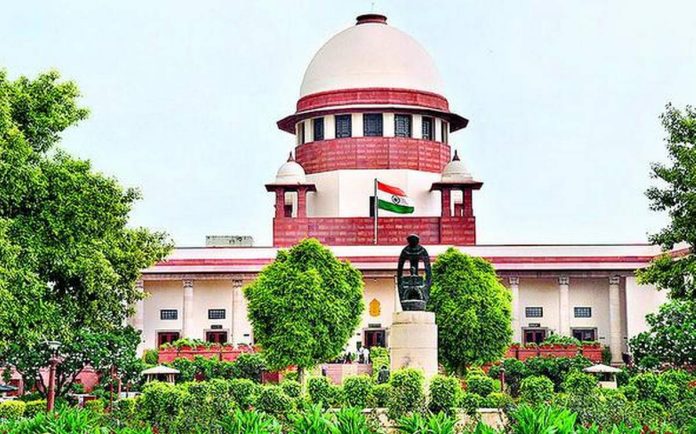New Delhi: In a significant ruling, the Supreme Court has placed a stay on the National Commission for Protection of Child Rights (NCPCR) directive to shut down government-funded and aided madrasas, safeguarding the fundamental rights of minorities once again. Advocate and Waqf activist Raees Ahmad, who had raised this issue during a news debate, has welcomed the court’s decision, reported the Indian Express.
The NCPCR had recently questioned the functioning of madrasas and recommended that government funding to them be stopped. However, the Supreme Court, led by a bench comprising Chief Justice D.Y. Chandrachud, Justice J.B. Pardiwala, and Justice Manoj Misra, refused to take action on the recommendation and instead issued notices to the central and state governments. The court also stayed the Uttar Pradesh government’s decision to transfer students from unrecognized madrasas to government schools, with the next hearing scheduled four weeks later.
Adv. Raees Ahmad, who debated this issue on Zee News with NCPCR Chairman Priyank Kanoongo, had strongly opposed the commission’s recommendation, calling it a violation of constitutional rights. He pointed out that around 35 million children under the age of 14 in India have never attended school, and over 61,000 government schools have been closed in the last decade. Ahmad argued that instead of targeting madrasas that provide education to underprivileged children, the NCPCR should focus on addressing these broader educational gaps.
During the debate, Ahmad also highlighted data from the National Crime Records Bureau (NCRB), which shows that states like Maharashtra, Madhya Pradesh, and Rajasthan have the highest rates of juvenile crime, urging the NCPCR to take action to prevent children in these states from falling into criminal activities.
The NCPCR had recommended closing down madrasas on the grounds that they do not comply with the Right to Education Act. However, it is important to note that under Articles 29 and 30 of the Constitution, madrasas and minority institutions are exempt from the provisions of the 2009 Right to Education Act. Despite this, the NCPCR sent letters to state governments recommending the closure of madrasas, a move now stayed by the Supreme Court.
This decision by the Supreme Court has been seen as a victory for the protection of minority rights and a safeguard against unconstitutional actions.




